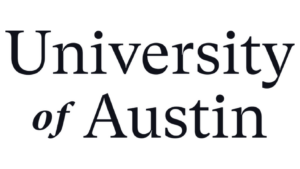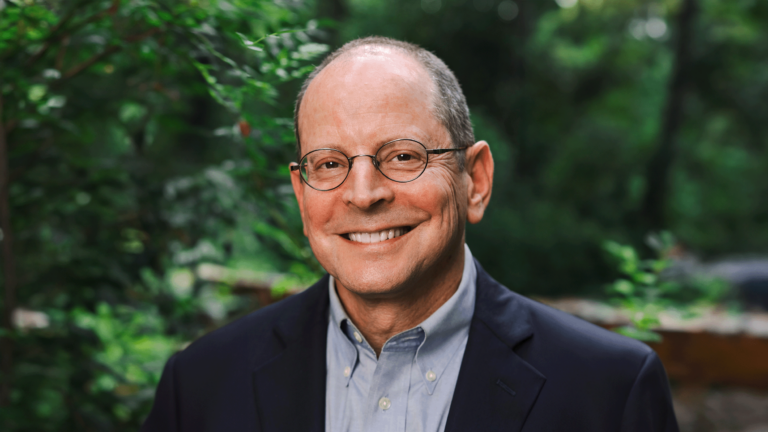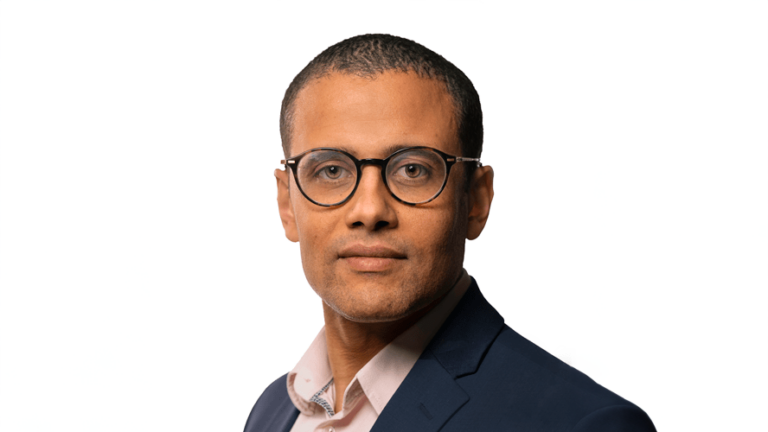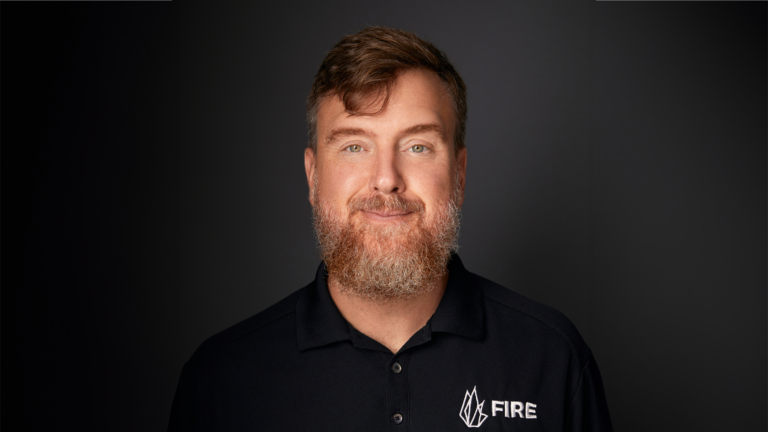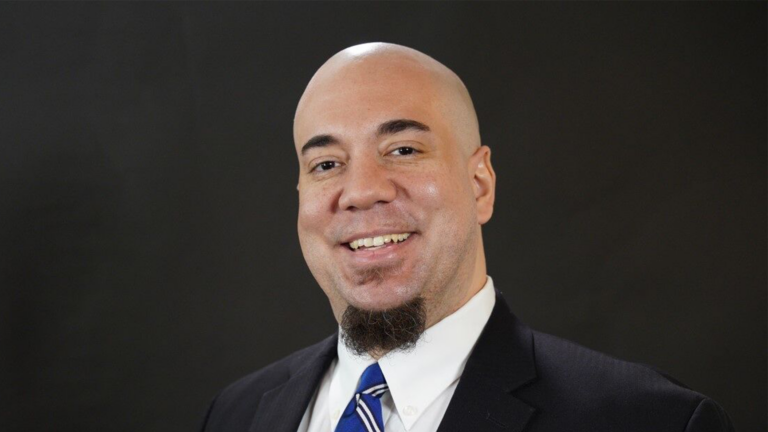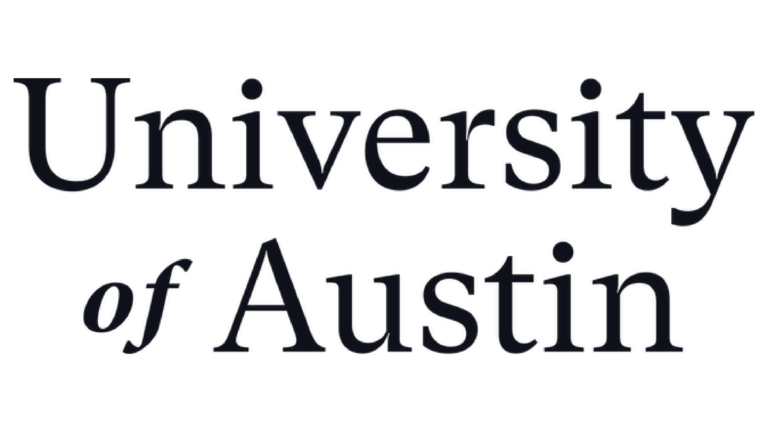Censorship in sciences entails suppression of the investigation of scientific questions, or the publication or dissemination of scientific research, on the grounds that such knowledge would be dangerous, undesirable, or contrary to moral, political, or religious beliefs, attitudes or values adhered to by some segment of the population.
This conference brings together experts (both within and outside academia) to address a series of contentious issues about scientific censorship. When, if ever, does rejection of manuscripts for publication or grants for funding constitute censorship? How much of a role, if any, should ethical/moral issues play in deciding which scientific ideas to disseminate? What are the likely costs and benefits of institutionalized censorship, how do we decide, and who decides, when the benefits outweigh the costs?
When and how do university administrations and funding agencies, through either action or inaction, mask censorship by finding ostensibly “other” reasons to silence scientists? How does censorship of scientists or scientific ideas manifest? Is compelled speech a form of censorship, and, if so, how does it manifest in science?
By bringing together experts with widely varying perspectives on censorship from within the natural sciences, social sciences, philosophy, humanities, and law we aim to host a civil conversation regarding these different perspectives and sharpen the understanding of what is and is not scientific censorship and when it may and may not be justified.
The following topics were discussed during the course of the conference:
- What is censorship? When is it bad and when is it good? Ethical reasons for censorship.
- Scientific freedom versus social responsibility; tradeoffs between pro-social considerations and scientific progress
- Science of censorship and philosophical roots of censorship; mechanisms of censorship (e.g., by scientists themselves, funding agencies, review panels, editorial boards, professional societies and organizations)
- Compelled speech as a form of censorship
- Censorship of research results versus censorship of discussion on science policy
- Censorship as a part of cancel culture
- Censorship of scientists in the public square
Plus: the debut screening of 15 Days, a documentary exploring the impact of school closures during the COVID-19 pandemic.
Read our thank you letter to attendees after the conference>>
View full schedule here
Organizing committee: Anna Krylov (USC), Arie Kapteyn (USC, CESR), Margaret Crable (USC Dornsife, Communication), Michele Warnock (USC, CESR), Lee Jussim (Rutgers), Ivan Marinovic (Stanford)
Advisory board: Alexander Arnold (Heterodox Academy), Cory Clark (UPenn), Barry Honig (Columbia, AASL), Luana Maroja (Williams), Sean Stevens (FIRE), Abigail Thompson (UC Davis, AFA), Keith Whittington (Yale, AFA)
Proceedings of the conference will be published in a special issue of the Journal of Controversial Ideas (all submissions will be subject to editorial review).
View a message to conference attendees from Francesca Minerva, editor of the Journal of Controversial Ideas
Major conference sponsors:
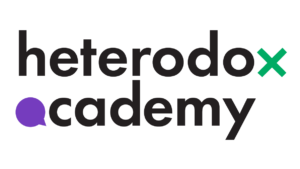
|
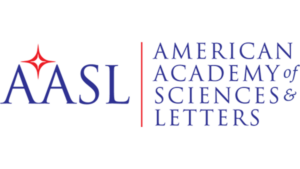
|
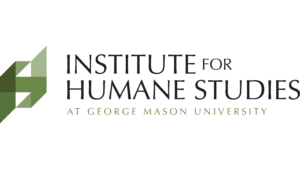
The Institute for Humane Studies (IHS) at George Mason University |
|
|
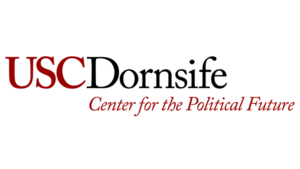 |
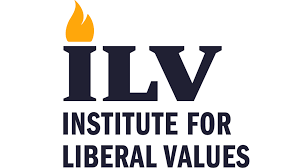 |
| University of Austin | USC Dornsife Center for the Political Future | Institute for Liberal Values |
We are grateful to the following donors for their generous support:
USC Center for Economic and Social Research (CESR)
Foundation for Individual Rights and Expression (FIRE)
Academic Freedom Alliance (AFA)
Joel Peterson

